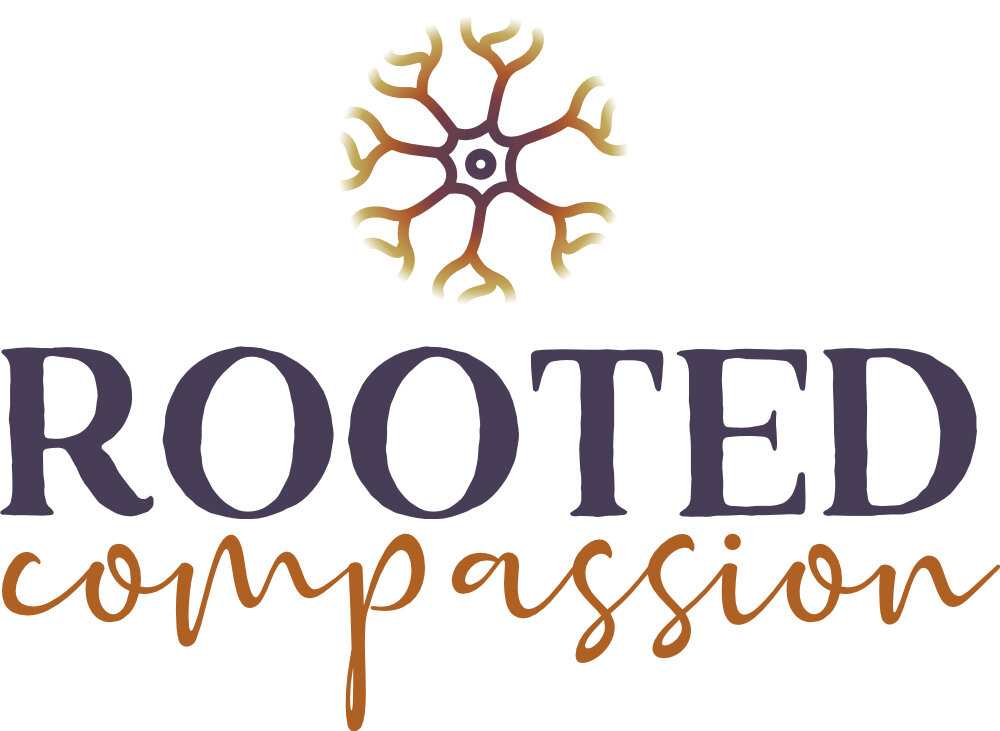Cincinnati Therapist Explores How to Process Grief Following the Loss of a Loved One
I have long said, “there is nothing like death to bring life into perspective.” It doesn't matter whether the death was expected or sudden, tragic or peaceful...death creates a new lens through which we view life's priorities. Maybe you, like me, are in a season of grieving (ongoing action, not a one-time event). May this blog bring you a measure of comfort, especially as we enter this Autumn Season with the start of the holidays where our sense of loss is often felt more intensely.
Please honor your love and your grief by taking care of you day by day, in the moments, surrounding yourself with all that you find supportive.
Through the gift of technology, I was extremely grateful to virtually “attend” the funeral services of six loved ones in 2020 – 2021. This provided some closure and felt sense of togetherness with all the bereaved. More recently, I attended the in-person service at a funeral home where we mourners could experience each other’s physical presence, and if desired, share a hug, a hand on a shoulder, the knowing look through eyes full of tears that spoke: “I see you, I feel you, I get your pain.”
(In Polyvagal Theory, this is when our Social Engagement System is activated and we can feel safe and secure in another's calming presence).
One thing that struck me deeply and poignantly happened on the five-mile car journey after the funeral to the cemetery for the graveside service. I had known about the cultural tradition in some towns in the US, where drivers who encounter a funeral procession turn on the lights of their car and pull their vehicle over to the side of the road, stopping as an act of respect for the deceased and their loved ones.
But when I saw cars actually stopped in their lanes as well, the sense of comfort from these strangers literally holding physical place and space for our grief, was overwhelming.
They stopped their busy lives, to witness and honor those grieving. They chose to slow down their pace and their day's agenda to share selflessly in our common humanity. What a true gift!
And in our times of grieving, slowing down and allowing ourselves times (more than once, whenever necessary, as long as it takes, at your own pace...) to feel our pain and express our emotions is an essential need in the healing process.
David Kessler, international grief expert, says it this way:
“What we run from, pursues us.
What we face, transforms us.
The transformation is found in the rubble of our pain.”
Kessler also lists 6 Needs of the Grieving to be aware of so that we can grieve well and experience healing transformation. Please consider these needs for yourself and others in their times of grief.
To have your grief and pain witnessed. To have someone else sit with you (or send a text, card, note, etc.) and acknowledge the loss, not being afraid to say the loved one's name.
To express your feelings. You may not have the words, and that is ok. Sometimes the language of our bodies can speak for us (movement, rest, dancing, playing an instrument, journaling...remember, grief is both universal and unique to each individual).
To release guilt accompanying the grief. It can be normal to feel guilt associated with the loss; coming to acceptance, processing through the “what ifs?” all in your own time, helps healing.
To attend to old wounds, to befriend them and learn how they developed. Seeing a professional counselor can be helpful in this aspect, particularly if there has been unaddressed trauma.
To integrate the loss and the love. This “both/and” merging doesn't happen all at once, nor only once. It will happen over and over, little by little.
To find meaning after the loss. Again, this is not something to rush through. The meaning will be found inside of us, rather than in what we do.
References:
Kessler, D. (2022). The Six Elements You Need When You're in Grief. Because Love Never Dies. http://www.grief.com
Photo Credits:
Cars (pulling to the side to honor those grieving) by Brenda Puckett
Bench by Ann on Unsplash
Brenda is a Licensed Professional Counselor who would love to join you in your growth process to address the challenges you or a loved one may be experiencing and to help you find the ways you want to move forward. She offers you the respect and acceptance you deserve, sharing her warmth and life experience, without judgment.
The Rooted Compassion team is made up of a group of counselors who have a variety of specialties in order to best serve our clients. We recognize that every person has his/her own personal and unique life experiences and that one modality will not work for every client. Listed below is a summary of our counselors’ specialties at Rooted Compassion:
Emotional Freedom Techniques
Grief Counseling
Somatic Focused Counseling
EMDR
Cognitive Behavioral Therapy
Dialectical Behavior Therapy
Mindfulness-Based Practices
Trauma Responsive Care Techniques
Acceptance and Commitment Therapy
Drama Therapy/Expressive Arts
If you are interested in learning more about what Rooted Compassion is all about, please contact us today, look through our website, or find us on Instagram and Facebook.
Rooted Compassion Counseling is Ohio’s leading practice for trauma therapy through the lens of the nervous system. Our focus is to walk alongside clients as they heal from depression, anxiety, trauma, grief and/or loss. If you or someone you know are seeking to explore and build an inner sense of calm and safety, please contact us today. We would love to help you to find a counselor and counseling techniques that will guide you on your mental health journey to healing.




